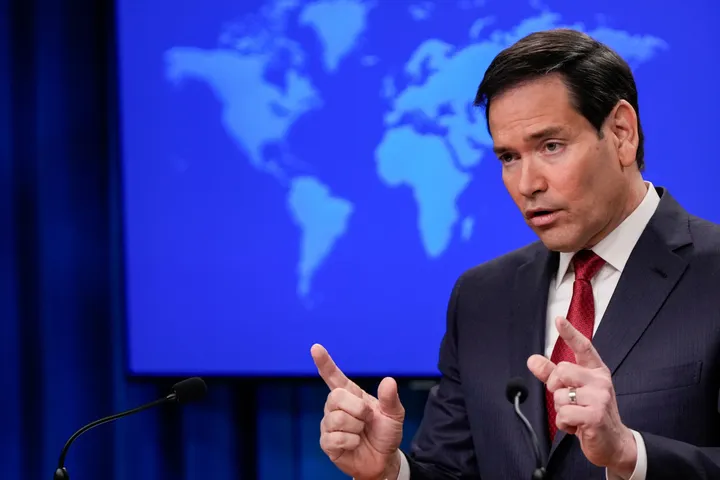The future of Africa's elephants and rhinos depends on the ability of its nations to battle together against poaching, African leaders and conservationists said on Friday at a summit meeting in Kenya.
Signalling its commitment, Kenya will burn 105 tonnes of seized ivory on Saturday, sending a message that the real value of tusks are when they are on live animals that draw tourists to Africa's savannas and forests, where herds have been decimated.
From 1.2 million in the 1970s, the number of elephants roaming Africa has plunged to around 400,000. Poaching exceeded 30,000 a year between 2010 to 2012, threatening to wipe them out in some African regions. The future for rhinos, now numbering less than 30,000, is even more bleak if poaching is not checked.
"It has taken a crisis to get us to better collaboration, and the successes are still very fragile," Iain Douglas-Hamilton, chief executive of the charity Save the Elephants, told the meeting after modest gains in the anti-poaching effort.
In Kenya, 93 elephants were killed in 2015, down from 384 in 2012. But conservationists say the East African nation remains a transit point for poached wildlife parts from other countries.
"We need to mobilise friends and partners across the globe to join us in the fight," Kenyan President Uhuru Kenyatta told the Giants Club summit, held at the foot of Mount Kenya that overlooks conservation areas for elephants and rhinos.
Leaders from Uganda and Gabon also attended the summit to outline their efforts to curb illegal hunting by poachers, who in some regions have used belt-fed machine guns to mow down dozens of animals at a time.
Ugandan President Yoweri Museveni said population pressure threatened habitats. "The strategic challenge is to make the African population shift from low-technology agriculture to industry and services," he said, adding better farm yields used less land.
Botswana's President Ian Khama was due to attend and it was not immediately clear why he did not turn up. While supporting the battle against poaching, Botswana has opposed burning ivory.
Political will needed
Conservationists have called for action ranging from improved prosecution of poachers to slashing demand for ivory and rhino horn abroad, most of it coming from Asia.
"Political will, that is the key ingredient," Max Graham, the founder and chief executive officer of charity Space for Giants, speaking before the summit.
His group seeks to share techniques to combat poaching and protect habitats for elephants and rhinos.
Ol Pejeta Conservancy has been at the forefront of those initiatives, protecting and slowly starting to rebuild Kenya's rhino numbers. Airborne rapid reaction rangers, a helicopter with night vision and better intelligence in the local community helped.
But it seems too late for the northern white rhino. Just three individuals of the species remain, guarded 24 hours at the Ol Pejeta site. Scientists are racing against time to work out artificial reproductive techniques for the aging animals.
There have also been gains made in stemming international trade in ivory and rhino horn. China and the United States, two of the biggest ivory markets, announced plans last year to enact almost complete bans on imports and exports.
The ivory price in Hong Kong, a major trade route to China which also announced plans for a sales ban, has fallen to about $380 per kg from $1,500 per kg in 2014, Peter Knights, executive director of WildAid which campaigns to end the trade, told Reuters. Others said the ivory price elsewhere remained higher.
"It is never fast enough, but it is definitely heading in the right direction," Knights said.
























